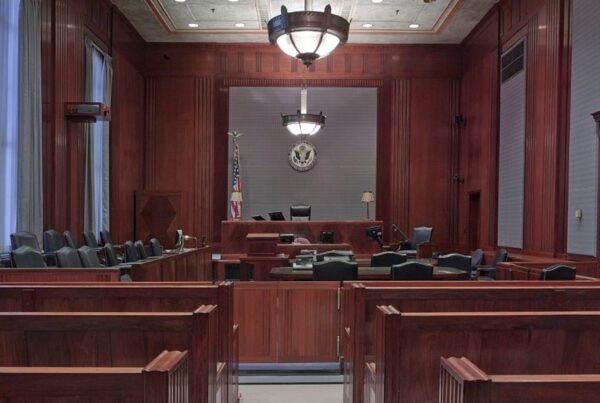In the realm of business, conflicts among shareholders can arise, leading to challenging situations that demand resolution. When it comes to finding a solution, two common avenues are arbitration and litigation. These approaches each come with their own set of advantages and drawbacks.
This blog post aims to shed light on the world of shareholder disputes, illustrating the differences between arbitration and litigation, and helping you understand the pros and cons of each route.
Arbitration: A Deeper Dive
Arbitration involves bringing in a neutral third party, known as an arbitrator, to make a binding decision on the dispute.
Pros of Arbitration
Efficiency: Arbitration is often more swift than traditional litigation. The process is less formal, sidestepping the delays often inherent in court proceedings.
Confidentiality: Arbitration proceedings are typically private affairs. This can be particularly advantageous for businesses aiming to safeguard sensitive company information.
Expertise: Arbitrators are typically experts in the pertinent field. This expertise ensures that the dispute is examined by someone who comprehends the nuances of the industry.
Choice of Arbitrator: Unlike litigation, parties involved in arbitration can often choose the arbitrator, fostering a sense of mutual agreement in the decision-making process.
Cons of Arbitration
Limited Appellate Options: Decisions reached through arbitration are typically binding and offer fewer avenues for appeal compared to litigation.
Cost Implications: While arbitration is generally speedier, it may still incur significant costs, especially in cases involving a panel of arbitrators.
Restricted Discovery: The process of gathering evidence, known as discovery, can be more constrained in arbitration than in litigation. This might pose challenges in presenting a robust case.
Litigation: An Overview
Litigation revolves around resolving disputes through the court system.
Pros of Litigation
Appellate Opportunities: Litigation provides more avenues for appeals. If a verdict is contested, it can often be taken to a higher court for reconsideration.
Thorough Discovery: Litigation often permits more comprehensive discovery, enabling both parties to present a detailed and well-substantiated case.
Establishing Precedent: Court decisions set legal precedents that can guide future cases, contributing to the predictability of the legal landscape.
Cons of Litigation
Time-Consuming: Litigation can be protracted, involving court schedules, legal motions, and other formalities that can extend the resolution timeline.
Financial Burden: Legal fees, court expenses, and related costs can accumulate during litigation, potentially rendering it a costly option.
Public Scrutiny: Court proceedings are part of the public record, potentially exposing sensitive business information to the public and competitors.
Choosing the Optimal Path for Your Shareholder Dispute
The choice between arbitration and litigation hinges on several considerations:
- Nature of Dispute: Assess the complexity of the dispute and whether a specialized decision-maker is required, as offered by arbitration.
- Confidentiality Concerns: If preserving confidentiality is crucial, arbitration may be the preferred choice.
- Precedent Importance: If setting a legal precedent is a goal, litigation might be better suited.
Conclusion
When it comes to shareholder disputes, the decision between arbitration and litigation carries substantial weight. While arbitration offers efficiency and expertise, litigation provides a broader scope for appeal and the establishment of public legal precedents. The choice you make should align with the specific nature of the dispute and your desired outcomes. Seeking advice from legal experts well-versed in both methods can aid in making an informed decision that serves your business’ best interests.
For dependable legal guidance and support in navigating shareholder disputes, contact one of our experienced attorneys at 305-570-2208. You can also email our lead attorney Eduardo directly at eduardo@ayalalawpa.com.
We at Ayala Law PA are passionate about helping those in legal need, so please don’t hesitate to schedule a case evaluation with us online here.
Subscribe to Our Blog
Stay informed with our latest blog posts delivered directly to your inbox. Gain valuable legal insights, tips, and advice from our seasoned attorneys.







